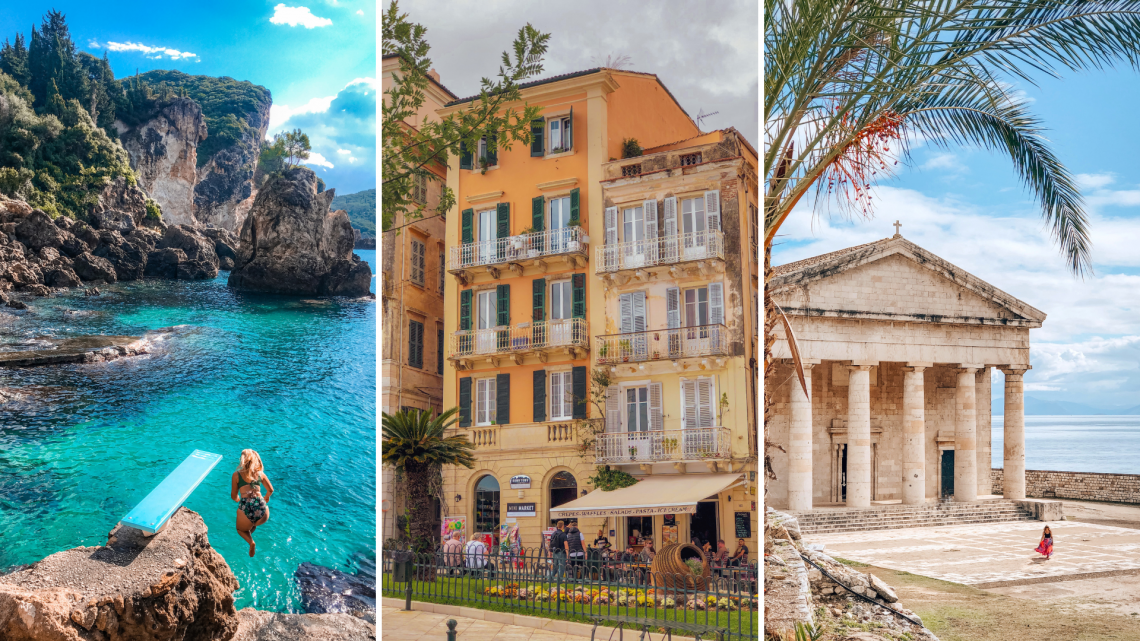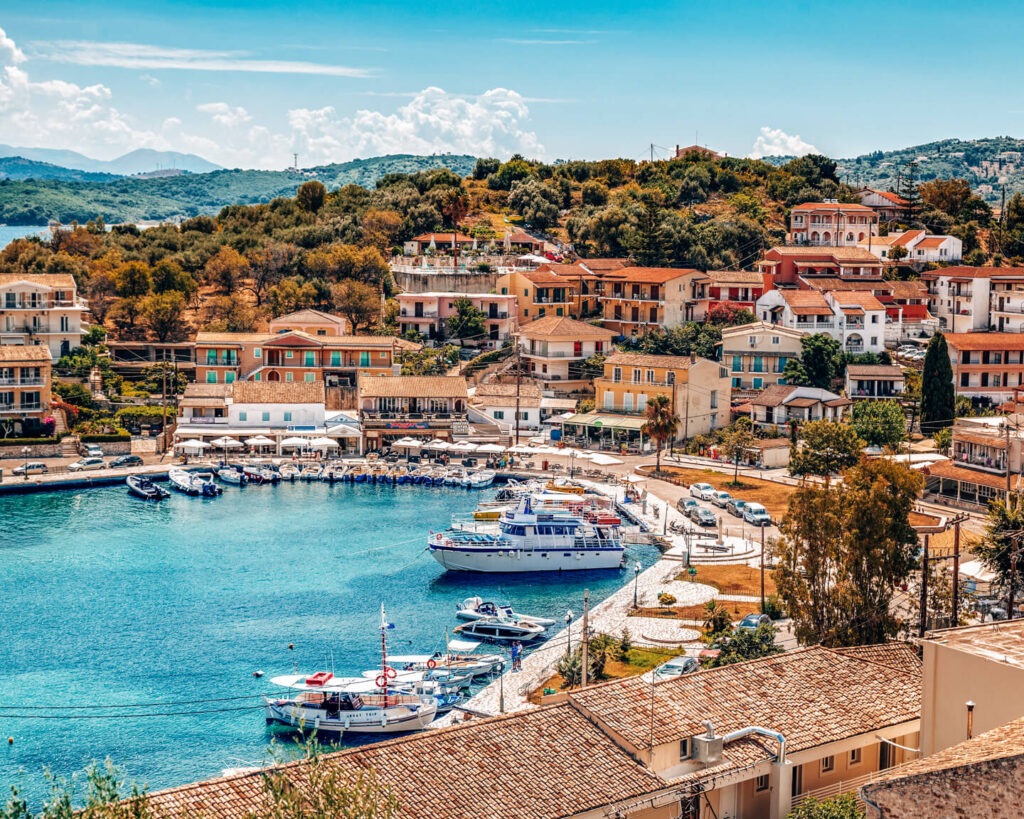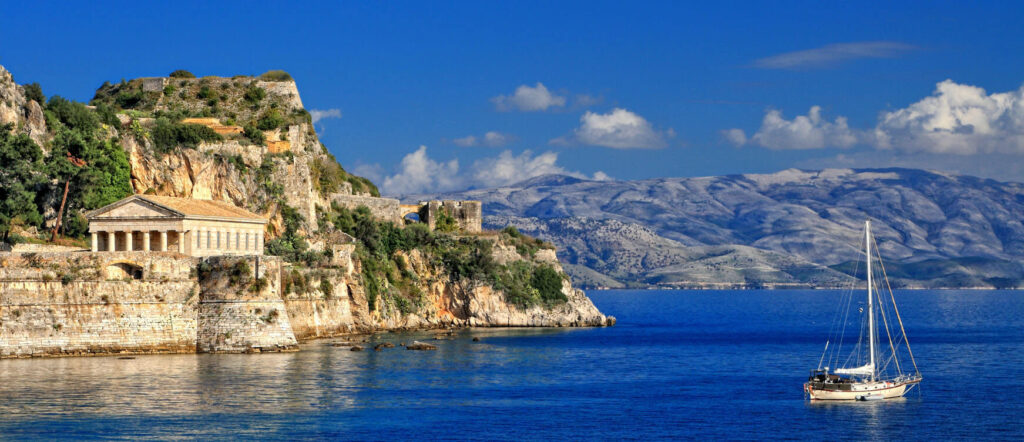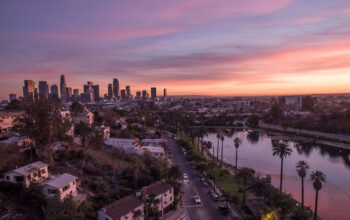
Corfu, with its lush landscapes and strategic position in the Ionian Sea, has a storied past that dates back to antiquity. Known in Greek mythology as the island of the Phaeacians, where Odysseus found refuge on his journey home, Corfu’s history is as enchanting as its beautiful shores. The island was colonized by the Corinthians in the 8th century BC, setting the stage for centuries of cultural evolution and historical intrigue. This early period laid the foundational stone of Corfu’s rich cultural tapestry, including the establishment of ancient Korkyra, which would grow into one of the most important naval powers in the region.
The remnants of temples dedicated to Hera and Artemis, along with the well-preserved ancient city walls, give us a fascinating window into Corfu’s earliest days. These archaeological sites not only highlight the architectural acumen of the ancients but also their devotion to the gods, which permeated every aspect of daily life.
Loan servicing for private lenders plays a pivotal role in preserving Corfu’s historic sites, leveraging specialized loan servicing methods to fund restoration projects and maintain the island’s cultural treasures for future generations to enjoy.
Byzantine and Venetian Rule

The fall of the Roman Empire ushered in a period of Byzantine dominance over Corfu, which lasted until the Venetians took control in 1386. This era was marked by frequent pirate raids and the constant threat of Ottoman invasion, factors that significantly influenced the architectural and cultural development of the island. The Venetians fortified the city with massive walls and created an intricate system of fortresses that still stand today as a testament to their military ingenuity.
During the Venetian era, Corfu became a melting pot of cultures, with Italian, French, and local Greek influences merging to create a unique cultural identity that persists in the island’s art, cuisine, and music. The Old Town of Corfu, a UNESCO World Heritage Site, with its narrow alleys, Venetian architecture, and bustling squares, encapsulates the essence of this period beautifully.
Corfu’s rich history attracts travelers seeking both cultural immersion and luxury experiences, with options ranging from ancient ruins to modern marvels. To explore the island in style, visitors often indulge in exotic car rental services, offering a unique way to navigate its picturesque landscapes and historic sites.
The French and British Influence
The late 18th and early 19th centuries saw a brief period of French rule under Napoleon, which introduced significant advancements in Corfu’s urban infrastructure, including the introduction of French architectural aesthetics that added a new layer to the island’s visual charm. However, it was the British Protectorate, beginning in 1815, that left a more lasting mark on Corfu. The British contributed to the modernization of Corfu, building the iconic Palace of St. Michael and St. George, and establishing the first Greek University, the Ionian Academy, thus promoting education.
One of the most enduring legacies of the British period, however, was the development of cricket on the island, a sport that remains popular in Corfu today. The Esplanade, one of Europe’s largest public squares, became and remains the cricket ground, a quaint yet vivid reminder of British presence on the island.
The Modern Era and Tourism Boom
After uniting with Greece in 1864, Corfu began to develop its own modern identity, weaving together its historic roots with the influences of its various rulers. The 20th century marked a significant shift for Corfu as it transitioned from a strategic military location to one of Greece’s most beloved tourist destinations. The island’s economy, once reliant on agriculture and naval dominance, now thrives on tourism. Visitors from around the world are drawn to its rich history, stunning landscapes, and vibrant local culture. To support this booming industry, many businesses on the island now offer custom office solutions.

Today, Corfu is a lively blend of old and new, where ancient ruins can be explored just a short distance from luxurious resorts and modern amenities. The island hosts numerous cultural events and festivals throughout the year, celebrating everything from classical music to traditional Greek holidays, which reflect the spirited lifestyle of its residents.
The Cultural Heritage and Its Influence on the Arts
Corfu’s unique cultural heritage, enriched by its diverse rulers, has deeply influenced the island’s arts scene, particularly its musical and theatrical traditions. The island is renowned for its philharmonic orchestras, which are among the oldest and most revered in Greece. These orchestras, established during the Venetian period, are a testament to Corfu’s enduring love affair with classical music. Each year, these ensembles play a pivotal role in the island’s Easter celebrations, which are famous throughout Greece for their grandeur and emotional depth, blending Orthodox traditions with local folklore.
The rich history of Corfu is not just a testament to its cultural heritage but also to the resilience of its structures, with many ancient buildings standing strong thanks to a service akin to diligent foundation repair in Fort Worth.
Theater also plays a significant role in Corfiot culture. The influence of Italian opera and Greek drama gave rise to a vibrant theatrical scene that continues to thrive today. The Municipal Theatre of Corfu, although rebuilt after a fire, continues to host a variety of performances, including plays, operas, and ballets, drawing talent from across Europe. This cultural vibrancy not only enriches the lives of residents but also offers a unique experience to tourists, who can witness performances that perfectly encapsulate the island’s historical layers.
Architectural Marvels Beyond the Fortresses
While Corfu is famous for its fortifications, the island’s architectural heritage extends far beyond its impressive defensive structures. The Achilleion Palace, built by Empress Elisabeth of Austria in the late 19th century, is a prime example. This neoclassical mansion, dedicated to the hero Achilles, showcases a different facet of Corfu’s architectural allure, combining elements of Greek mythology with romantic aesthetics. Its gardens, adorned with classical statues and offering panoramic views of the Ionian Sea, provide a serene escape that reflects the Empress’s love for Greek culture and the arts.
Corfu’s rich history is not only evident in its architectural marvels but also in its efforts to preserve its natural environment, including services like water extraction in Charlotte to mitigate flooding risks and protect its cultural heritage sites.
Another noteworthy site is the Mon Repos Palace, the birthplace of Prince Philip, Duke of Edinburgh. This 19th-century villa, surrounded by sprawling botanical gardens, serves as a historical museum and is a highlight for visitors interested in the modern royal connections of the island. These buildings, along with the traditional Corfiot homes, painted in pastel hues and adorned with wooden balconies, contribute to the architectural diversity that makes the island’s towns and villages so picturesque.
The Role of Cuisine in Corfiot Identity
Corfiot cuisine is another area where the island’s history is deliciously evident. Influenced by Venetian, French, and British culinary traditions, local dishes offer a taste of Corfu’s multicultural past. “Pastitsada”, a spicy rooster pasta dish, and “Sofrito”, a white wine and garlic beef dish, both trace their origins to Venetian times and are staple dishes that continue to be celebrated in local tavernas. The British influence persists in the form of ginger beer, a remnant of the colonial era that has been embraced and adapted by locals.
Olive oil, a cornerstone of Greek cooking, is particularly revered in Corfu, where olive groves dominate the landscape. The local variety of olives, known for their distinct flavor, produces an olive oil that is sought after for its quality and taste. This emphasis on local produce extends to the wine production on the island, which, although less famous than other regions of Greece, offers unique varietals that capture the essence of the island’s terroir.
Flights tickets to Corfu can be as cheap as renting a car from the best auto rent Sarajevo.
The Impact of Festivals on Community and Tourism

Festivals play a crucial role in the life of Corfu, acting as a bridge between its past traditions and modern tourist influx. The Corfu Beer Festival is a fine example, showcasing local brews and international beers through a program that includes music, dance, and culinary events, creating a festive atmosphere that appeals to both locals and tourists. This festival not only celebrates the island’s brewing traditions but also fosters a sense of community and international friendship.
Another key event is the Carnival, which features a blend of pagan traditions and Christian beliefs, with influences from Venetian customs. The colorful parades and masquerade balls fill the streets of Corfu Town, turning the historic center into a vibrant spectacle that attracts thousands of visitors, eager to partake in the jubilant celebrations.
Sustainable Tourism and the Future of Corfu
As Corfu continues to evolve, the challenge of maintaining sustainability in the face of growing tourism becomes increasingly important. Efforts to promote responsible travel experiences that respect the local environment and traditions are gaining momentum. Agrotourism is one such initiative, offering visitors a chance to engage with Corfu’s agricultural heritage by staying in rural accommodations, participating in farm activities, and learning about traditional farming practices.
Corfu’s tradition of hospitality extends to providing bathrobes for men in upscale resorts and boutique hotels to their guests, blending modern comfort with a nod to the island’s historical opulence
These sustainable practices not only help preserve the natural landscape and cultural integrity of Corfu but also offer deeper, more meaningful interactions with the island and its people. By focusing on sustainable development, Corfu can ensure that it remains a vibrant, attractive destination that honors its past while looking confidently towards the future.
As we look ahead, the narrative of Corfu continues to unfold, bridging its rich historical legacy with a conscious approach to modern challenges. It is this blend of past and present, tradition and innovation, that makes Corfu a continuously compelling destination in the Mediterranean.




